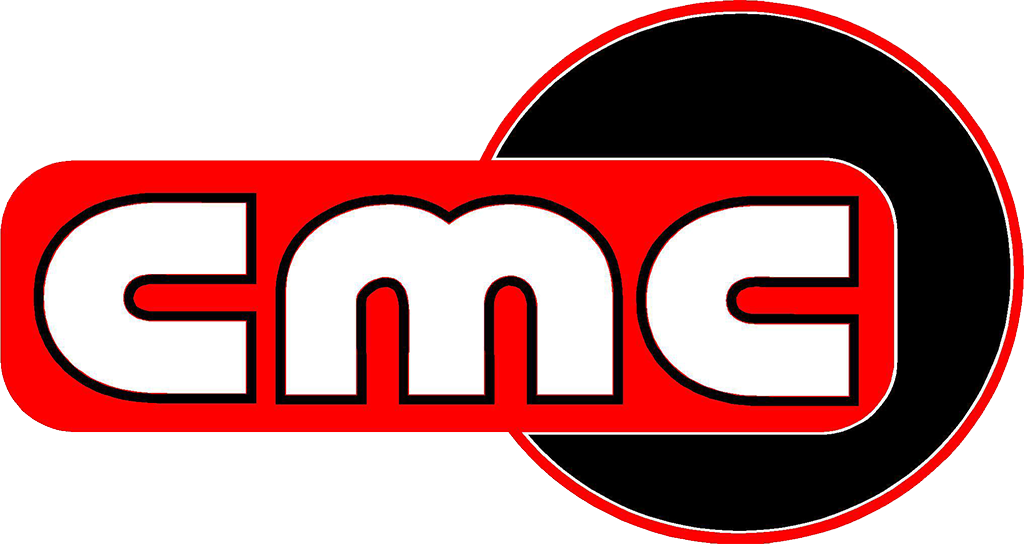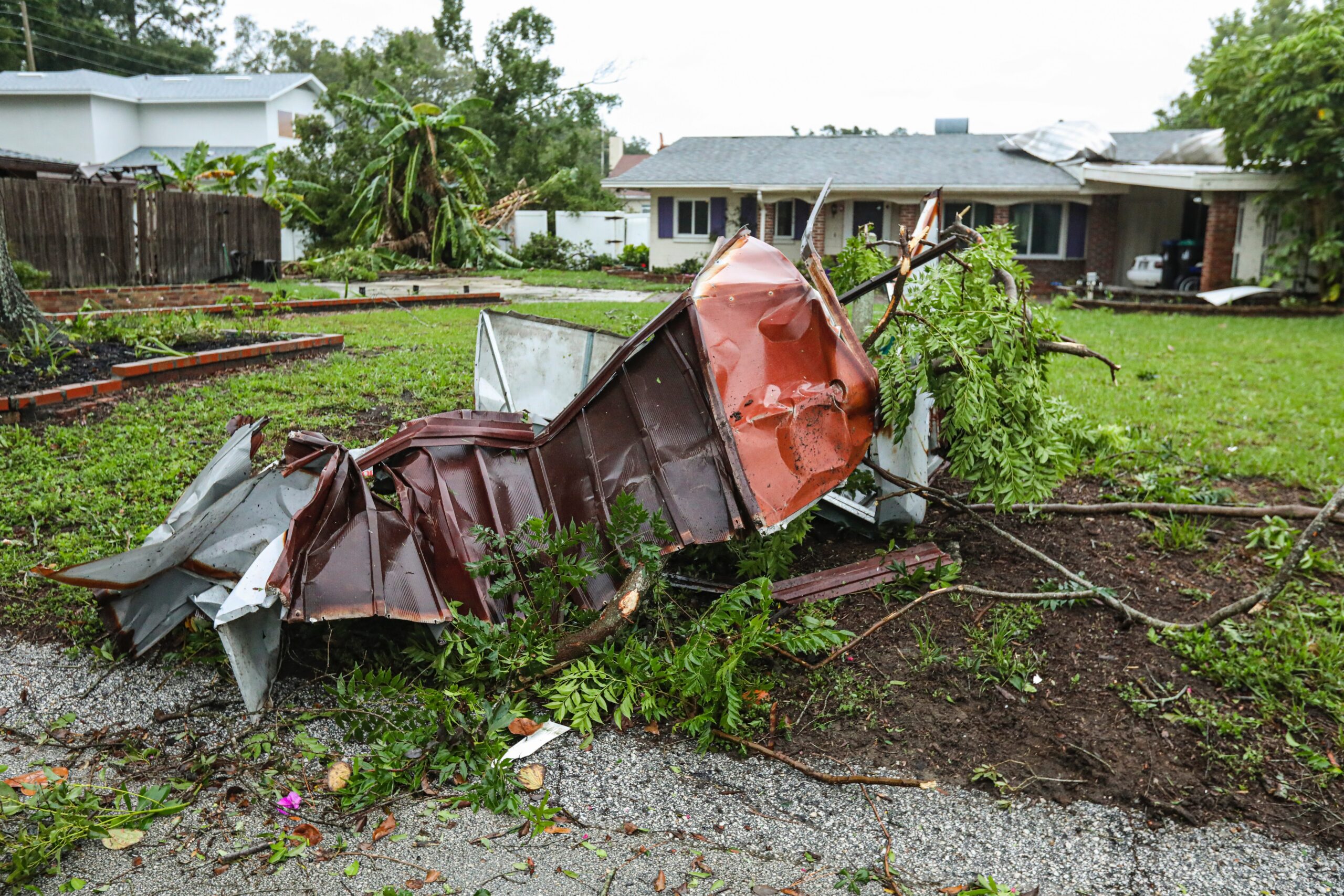Hurricanes can do a lot of damage, and in many cases you will have had to evacuate and could be coming back to a home which may have been impacted in a variety of ways. With hurricane season still going strong, homeowners must make repairs quickly as the likelihood of another storm is a very real possibility.
So, what should you do after the storm to make sure that your home is restored to normal as quickly as possible? Here are some things you need to consider:
Start Your Hurricane Damage Inspection
Some damage to your home and property may be obvious, such as a broken window or a downed tree. You should, however, look for the following issues that may be less obvious:
- Cracks or bulges in your foundations. Look both inside and outdoors. Check again in a few weeks.
- Doors which used to swing freely, but now tend to get stuck. This can indicate a shift in your house which could reveal foundation damage.
- Appliances and fixtures that have been flooded. Replace any appliances and outlets that were below flood water.
- Look for washed out soil along your foundation walls.
- Check for loose gutters.
- Check for loose siding and soffits.
- Examine your windows for cracked or loose panes, and check the closers and safety chains on your storm windows.
Inspect Your Roof
Even if you see no visible leaks, it’s best to get your roof inspected. Missing shingles are easy enough to fix, and bulges often require no repairs, but structural damage to your roof is possible. Pay particular attention to the flashing around your chimney and plumbing vents, which tends to get loosened by high winds.
It’s always best to get a professional to do a roof inspection rather than going up there yourself. Make sure they check the dryer vent outlet, which is particularly vulnerable to being clogged.
Roof damage can cause leaks and it can also leave instabilities that might cause worse problems during the next storm. In most cases, the roof will simply need to be patched and any missing shingles replaced.
Inspect Your HVAC System
If your furnace was underwater, then it needs to be professionally inspected right away to check for hidden damage which can cause a fire or a gas leak.
Do not turn on your HVAC system until it has been inspected and, if necessary, repaired. There is likely to be debris in the system, filters may have been contaminated, etc. Powering it up prematurely can cause further damage to the system and can also cause contaminants to circulate through your home, potentially having health impacts and worsening allergy symptoms.
Ideally, you should “flush” your HVAC system before moving back in, as this will clear out any contaminants and also “flood” odors. If this is not possible, then keep windows open. Flushing usually takes 48 hours. It’s also worth considering upgrading filters that have to be replaced to the best your fan can handle.
Inspect Your Plumbing
Storms can put a lot of strain on your plumbing and septic/sewer system. The large amounts of water which go through the system during a flood tend to take with them silt and debris, which can clog your pipes and cause, for example, a sewer backup. It’s vital to get your plumbing system fully inspected if you have any flood water on your property or if the rain has been particularly heavy. In most cases, the issue requires removal of debris, but there may be situations in which pipe repair is warranted.
Maintain Your Generator
If you stayed home during the hurricane and lost power, then you might have run a generator. Always keep your generator 20 feet away from your home, down-wind, and away from windows.
Once you have power back, turn the generator off. Keep it off for 15 to 20 minutes before refueling it for the next storm.
If you had to run your generator for an extended period of time, it’s a good idea to have it checked out afterwards to make sure it didn’t develop any issues that might cause problems later. Otherwise you run the risk of your generator not working in the next hurricane.
When you have been through a storm, you might not want to have to call professionals to inspect your home, but the fact is that you need to get your hurricane damage checked out as quickly as possible.
Call the professionals at Coastal Mechanical Contractors for your post-hurricane needs.

